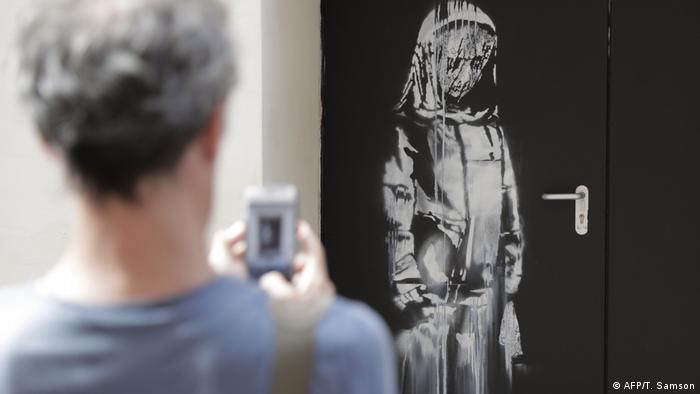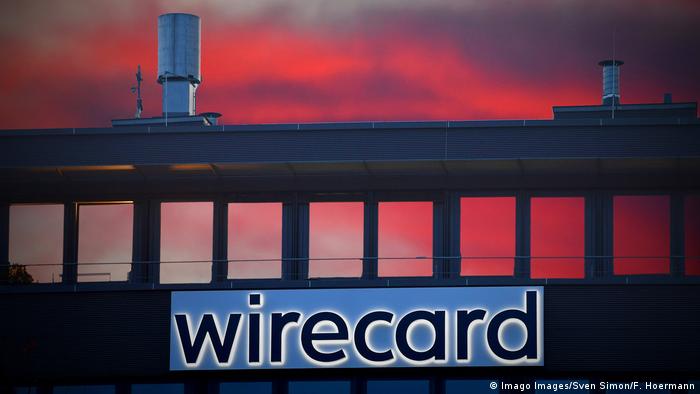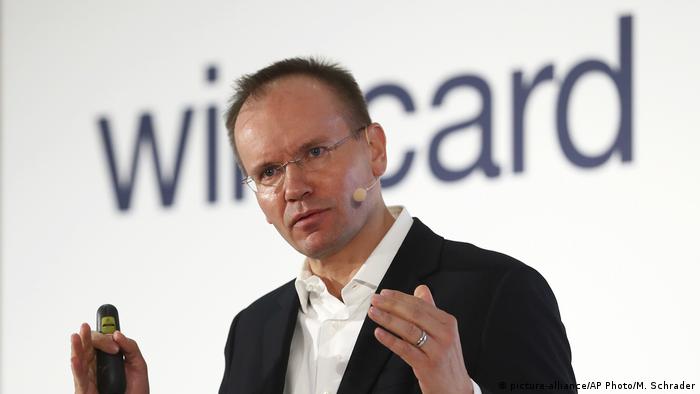Issued on: 19/06/2020 -

Masked protesters dressed as feminist icon Rosie the Riveter pictured in Paris on June 11, 2020. © Anne-Christine Poujoulat, AFP
Text by:Benjamin DODMAN
Building on the success of the hashtag #unefemme (a woman), which aims to call out everyday sexism in the media, a satirical Wikipedia page in French has begun recording the many accomplishments of women lumped together in news headlines under the anonymous label “a woman”.
It’s been a busy month of June for “a woman”, rich in thrills, debuts and promotions, judging by headlines in the French press.
A week after taking charge of France’s aviation academy, “a woman” piloted her first stealth aircraft into combat on June 12, the same day she was appointed head of NASA’s human spaceflight programme. Somehow, “a woman” still found time to lead a fire brigade in France’s rural Creuse department, preside over a Swiss cancer charity, become the world’s best paid executive and win the “young economist of the year” award, while also brewing “green tea-flavoured beer, 100% Catalan.”
These are just a sample of the most recent news headlines that defined their subjects as “a woman”, without naming them. They are catalogued in the French-language Wikipedia page “Une femme” (A woman), the latest in a string of recent online initiatives aimed at exposing and ridiculing sexism in the media.
Encore une période très faste pour « Une femme ».
Félicitations à elle. pic.twitter.com/o7VBECkT5l— Guillaume Blardone ☀️ (@gblardone) June 6, 2020
The satirical page “brilliantly exposes the absurdity of this situation,” says activist Sherine Deraz, who has authored a series of web-based videos on feminism. “After years of being silenced, the achievements of women are rendered invisible by the phrase ‘a woman’ (...). We never really get to know who has done what, and are therefore unable to give these women due credit.”
The page is “funny, original, clever and incisive,” adds Marlène Coulomb-Gully, a professor at the University of Toulouse who has written extensively about women in the media. “Humour has always been the tool of the oppressed, a means to wittily expose what cannot be said.”
‘Tragi-comic’
Wikipedia’s “a woman” has numerous nationalities, multiple professions and an array of skills that, in 2016, saw her head Germany’s best-selling Bild newspaper, lead Japan’s main opposition party and take over as minister of happiness in the United Arab Emirates, all at once. Her scientific achievements have earned her five Nobel prizes in medicine “but only one Fields Medal”, the top distinction for mathematics.
While little is known about her childhood, it appears her mother was also “a woman”. More recently, her CV has been embellished with a slew of prestigious postings, often bestowed by men. Thus, at the start of the year, “a woman” was appointed president of Greece, “on the suggestion of Prime Minister Kyriakos Mytsotakis”. As the French weekly that ran the story noted, her post is “essentially ceremonial” and “her dark hair is cropped into a bob”.
While adopting a tongue-in-cheek tone throughout, the Wikipedia page is deadly serious when it comes to the obituary section. “A woman”, it points out, dies every two and half days in France at the hands of her partner.
>> Tackling domestic violence: ‘If you ask the right questions at the right time, you will save lives’
According to activist Marion Vaquero, who launched the collective @pepitesexiste (sexist nugget) to call out sexism on social media, the “tragi-comic” tone of the page is “a useful way to expose the difference in the way women and men are treated in the media.” In an interview with Le Monde, she added: “While women are still under-represented, the fact that they are not named when referring to their accomplishments only makes them even more invisible.”
Anonymous trailblazers
“No one would ever dream of writing a headline that reads ‘A man elected president of so and so’, it would be seen as ridiculous,” adds Professor Coulomb-Gully. “That’s because women are always treated as having a specific quality, whereas men are seen as having a universal one,” she argues, noting that media headlines that comfort this specificity often do so involuntarily.
Many of the articles catalogued in the Wikipedia page adopt the traditional “First woman…” phrase, stressing the novelty of a woman’s breakthrough in a given field. In doing so, however, they risk reinforcing the notion of an exceptional occurrence, almost an anomaly, in a world dominated by men — while also rendering the person invisible.
“It’s a complex question, because in some cases ‘a woman’ can define and render invisible at once,” says Professor Coulomb-Gully. “Highlighting the role of female pioneers can have an educational utility, provided it is accompanied by an examination of the systemic nature of gender-based discriminations that explains why the wait for a female pioneer has been so long.”
#unefemme tant que ça reste en famille ça passe @lemainelibre
😤😤😤 pic.twitter.com/n3zYrwYuTm— Yves ⚫⚪ ❤💛 ⭐⭐ (@YvesVerfaillie) June 11, 2020
The trouble, says Deraz, is that most readers read no further than the title.
“News organisations quite rightly want to stress the fact that women have had to wait a long time for recognition, but they do so in a clumsy fashion,” she says, noting that many readers get their information from headlines alone. She believes the media should proceed the other way round, first naming the women and then providing context and analysis for those who wish to learn more.
#unefemme
Supposedly positive stories about women’s empowerment often come with a catch, the Wikipedia page points out, noting that newly appointed women are required to juggle between jobs and other chores, unlike their male counterparts.
“Much to the amazement of French media, in 2019 a woman is allowed to referee her first Ligue 1 football match ahead of the women’s football World Cup [organised on French soil],” the page reads. “She does so in a semi-professional capacity, which leaves her with three full days per week to fulfill her [other] professional obligations.”
Even before the page’s launch, Twitter users had adopted the #unefemme hashtag to draw a parallel between the numerous activities the media attribute to “a woman” and the disproportionately heavy workload bearing on women in general — an imbalance highlighted by the fallout from the latest iteration of the deadly coronavirus, which, the Wikipedia page notes, “a woman” first discovered back in 1964.
>> The women fighting Covid-19: Pandemic highlights lack of female representation
Already, there are signs the campaign is having some effect, as one Twitter user noted on Wednesday. Two days after running the headline, “A woman leads 850 firefighters in the Creuse”, local daily La Montagne quietly amended its title to give the titular protagonist her name and surname… followed by “a woman”.
Il y a quelques heures c'était "une femme", depuis celle-ci a un nom et un prénom ! Bravo pour la réactivité @lamontagne_fr Stéphanie Duchet, une femme à la tête de 850 pompiers en Creuse https://t.co/GQFCcW1qRD— Martin PIERRE (@MartinPIERRE14) June 17, 2020















